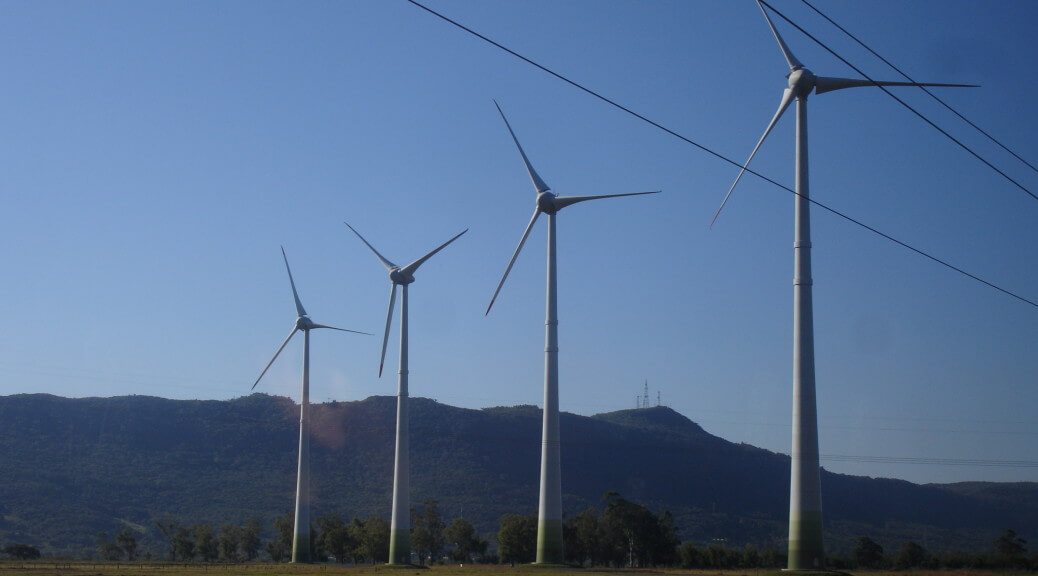I attended a Students for Liberty conference organized by my good friend Liz Jaluague and happened to speak to a reporter from The Tyee. We talked about many things, but she made climate change her focus when writing her article. Here’s my part:
Like Proenca, Garrett Petersen is conflicted about climate change. The PhD candidate in economics at SFU acknowledges climate change is a failure of the market or a “market externality” imposed on future generations.
“Obviously we can’t write a contract with them because they are not born,” he said, referring to instances where the polluter signs a contract with those impacted by pollution, like cap-and-trade systems where industries are allowed a certain amount of emissions.
“For climate change I would argue there is no perfect solution. It would be great if we could all come together in a perfectly utopian and altruistic way and decide how much carbon to emit,” he said.
But he believes neither governments nor private companies are better suited to making that decision: markets can’t bargain with future generations, and politicians only care about the time they’re in office — not how their actions will impact the next generation.
I think that’s a pretty accurate summary of my (economic) views on climate change. Note that I take no side in the scientific debate on whether and how much the climate will warm; that’s way beyond my pay grade as an economics PhD student. I assume climate change is real and that the effect is large enough to be important because that assumption is implicit in the question I was asked.
Given that assumption, climate change is among the more difficult problems for libertarians. If we were to compare a libertarian society with a perfect government policy, of course the perfect government would be able to internalize the externality imposed by pollution.
But we don’t have the perfect government. We have a government that would ban a particular type of lightbulb, not because that is the most efficient way to reduce carbon emissions (it isn’t) but because it’s a visible way to seem to be taking action.
The same incentives are what led governments to restrict the construction of nuclear power plants over over-blown public fears of nuclear meltdowns. Nuclear power produces zero carbon emissions, but it is politically unpopular. Wind and solar are uneconomical but politically popular.
Germany phased out its nuclear plants to switch to solar and wind. But solar and wind power need to be supplemented by something more reliable when it is neither sunny nor windy. The solution: coal. Germany is burning coal like it’s going out of style. If there were no German government to intervene in the energy sector, they wouldn’t have shuttered their nuclear plants and they wouldn’t be burning so much coal. Consequently, they wouldn’t be releasing nearly as much carbon into the atmosphere.
Think about that next time someone tells you we need government intervention to prevent climate change. Maybe governments really will do something to prevent climate change, or maybe they’ll be like the German government and make things worse.

